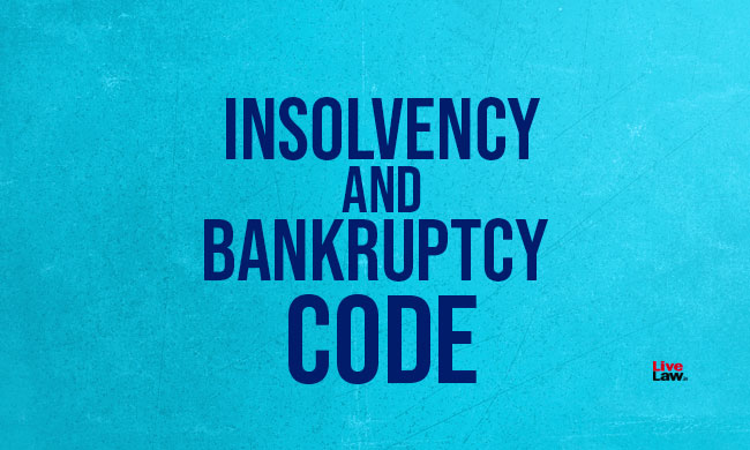Forensic Audit- Trap For Corporate Debtors
LIVELAW NEWS NETWORK
19 July 2022 6:03 PM IST

IBC was framed with the motive to restructure or revive a Corporate Debtor. The code lays down procedure to conduct resolution, insolvency and liquidation proceeding in time bound manner. One of those includes Preferential Transactions covered under section 43 of the IBC and other related like undervalued transactions and extortionate credit transactions covered under section 45 & 50 of the IBC.
Every year billions are lost due to fraud and corruption which results into inefficiencies, aborted projects, financial challenges, organizational failure, etc. Often fraud occurs because of poorly designed controls and weak governance. However, Due to implementation of forensic audit under Insolvency & Bankruptcy Code 2016 frauds are easily detected. Wherein, the forensic auditor does examination of the financial statements on the basis of any kind of Preferential Transactions, undervalued transactions or extortionate credit transactions, if any taken place in the Corporate.
Here Preferential Transaction means:
- Where a company pays a creditor in preference of other creditors, just before going into insolvency.
- The payment is made via transfer of property or its interest that arises from the benefit of a creditor. The benefit could be at the cost of guarantor or surety also. Where such transfer is taking place when an operational or financial liability already lies with the corporate debtor;
Undervalued Transaction means:
- When a corporate debtor enters into a transaction, wherein the consideration that the debtor pays is valued higher in comparison to the value of the asset.
- Gift to another person.
Extortionate Credit Transaction means:
- When a corporate debtor makes a transaction that violates the law of contracts.
Thus, on the basis of all above transactions, an audit is being conducted by forensic auditor.
Generally, whenever there is large advances and restructuring of accounts. Forensic audit is conducted by the Creditor. Recently, in the matter of Corporate Debtor, M/s. Srei Infrastructure Finance Ltd. (SFIL) undergoing Corporate Insolvency Resolution Process in Kolkata bench of Hon'ble National Company Law Tribunal (NCLT) Forensic Audit was conducted by KPMG, which had been appointed by the Lenders.
In the instant matter KPMG Audited the books of accounts of Srei Infrastructure Finance Ltd. (SIFL) and its wholly-owned subsidiary Srei Equipment Finance Limited (SEFL). As per the sources, the report has revealed evergreening of loans, longer moratorium period, lower interest rates to related-party borrowers and no arm's length pricing followed for some related party transactions and further potential siphoning of funds etc.
However, the report was challenged by the Promoter of Corporate Debtor, stating certain loopholes in the report. In their submission Promoter's counsels requested to set aside the audit process in the light of undergoing Corporate Insolvency Resolution Process (CIRP), and further requested to restrict the lenders from publishing any audit report to the Central Repository of Information on Large Credits.
However, Kolkata bench of Hon'ble National Company Law Tribunal (NCLT) on 17.05.2022 dismissed a plea filed by Srei Infrastructure Finance Ltd (SIFL) founder Hemant Kanoria contesting the forensic audit conducted by KPMG. Apart from this, in the instant matter Promoters has also filed a contempt application against Punjab and Sind Bank, which was dismissed by Hon'ble National Company Law Tribunal.
Thus, from the above judgment of Hon'ble Tribunal it can be determined that the Corporate Debtor can't be avoided from any such transaction as mentioned above.
Author: Karishma Jaiswal, Senior Associate, Maheswari & Co. Views are personal.


